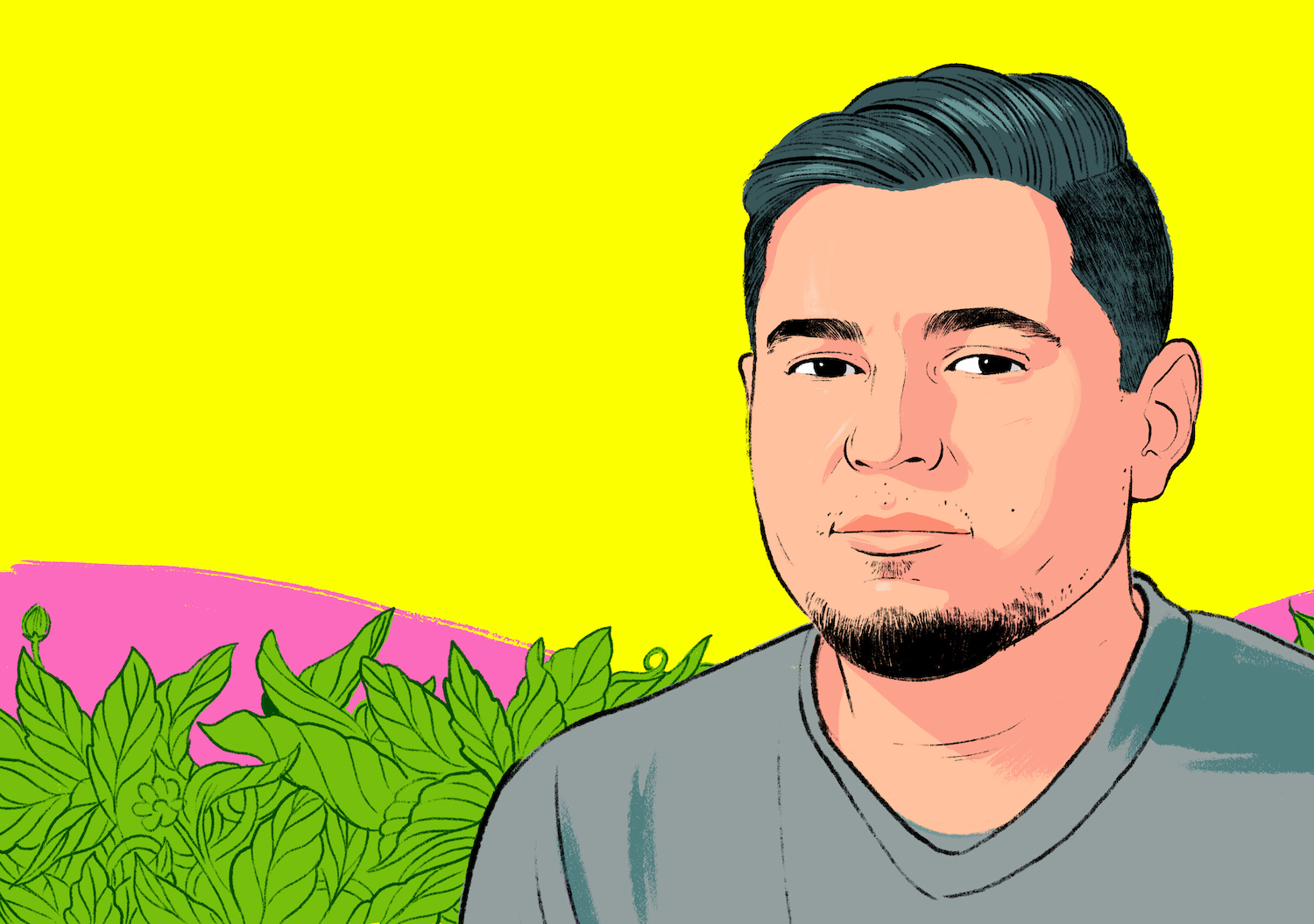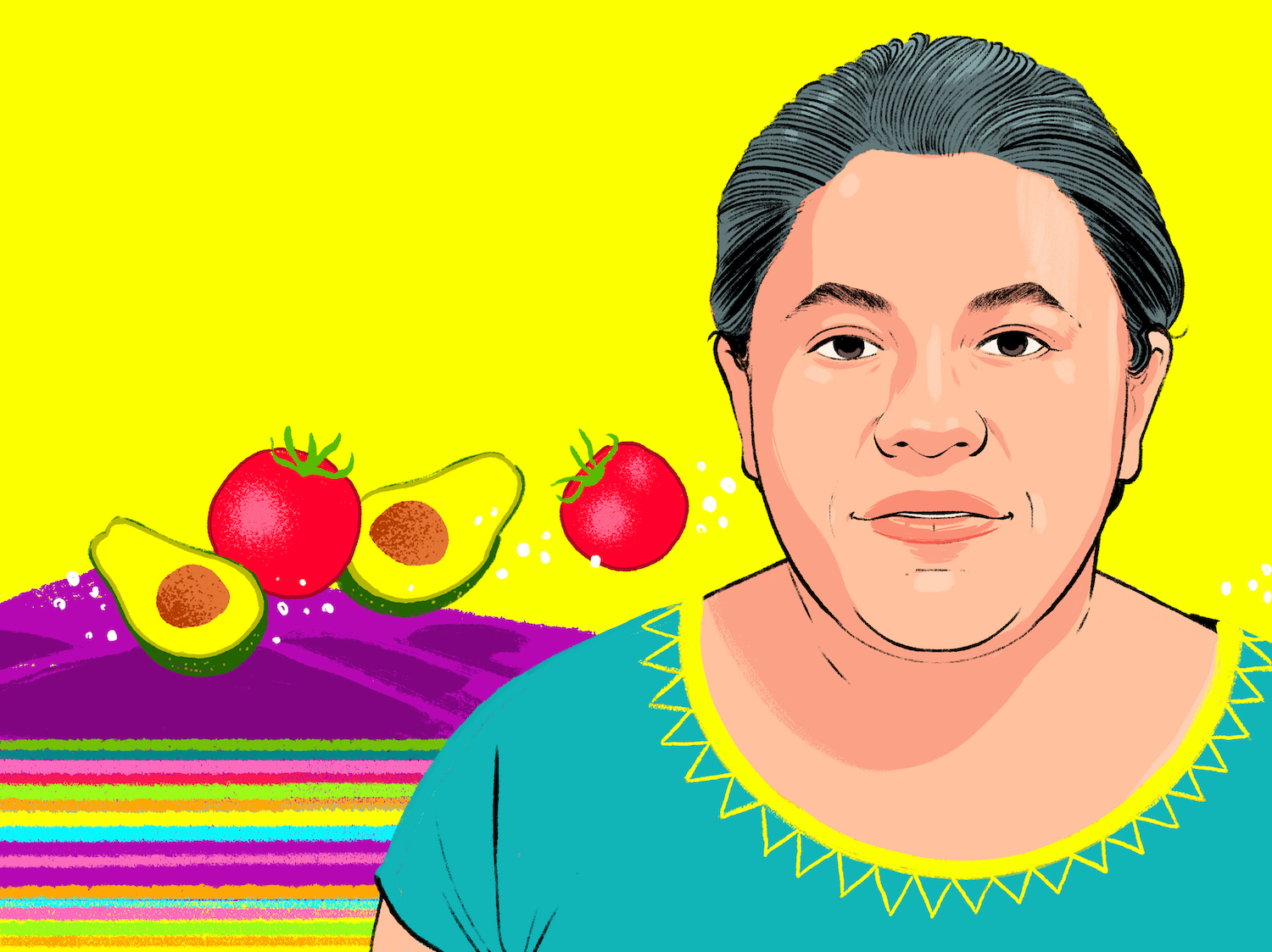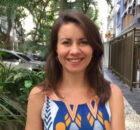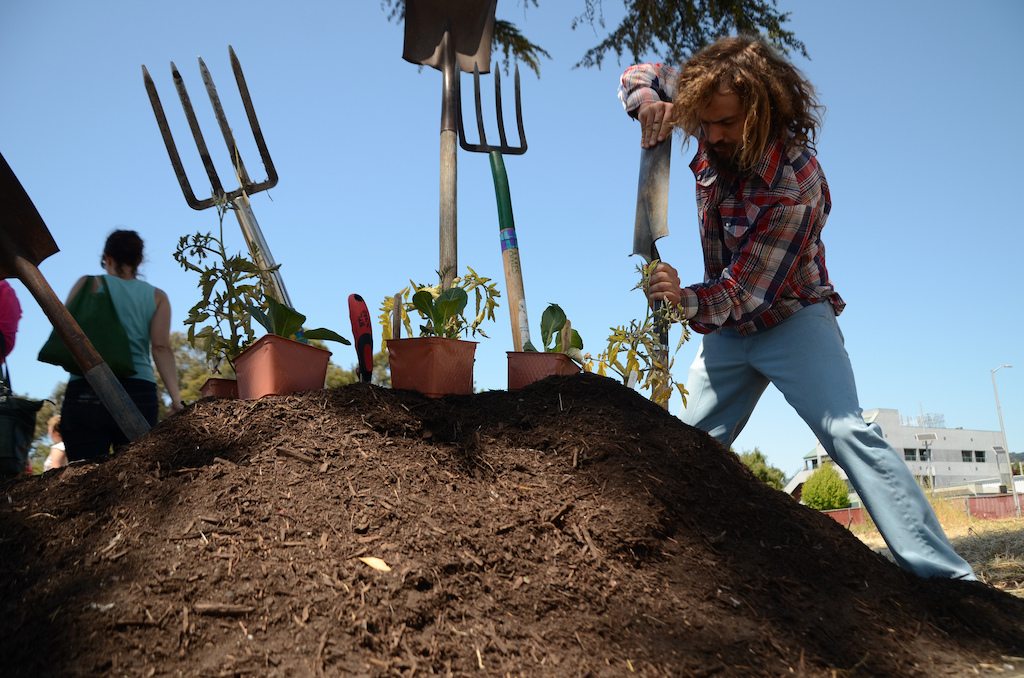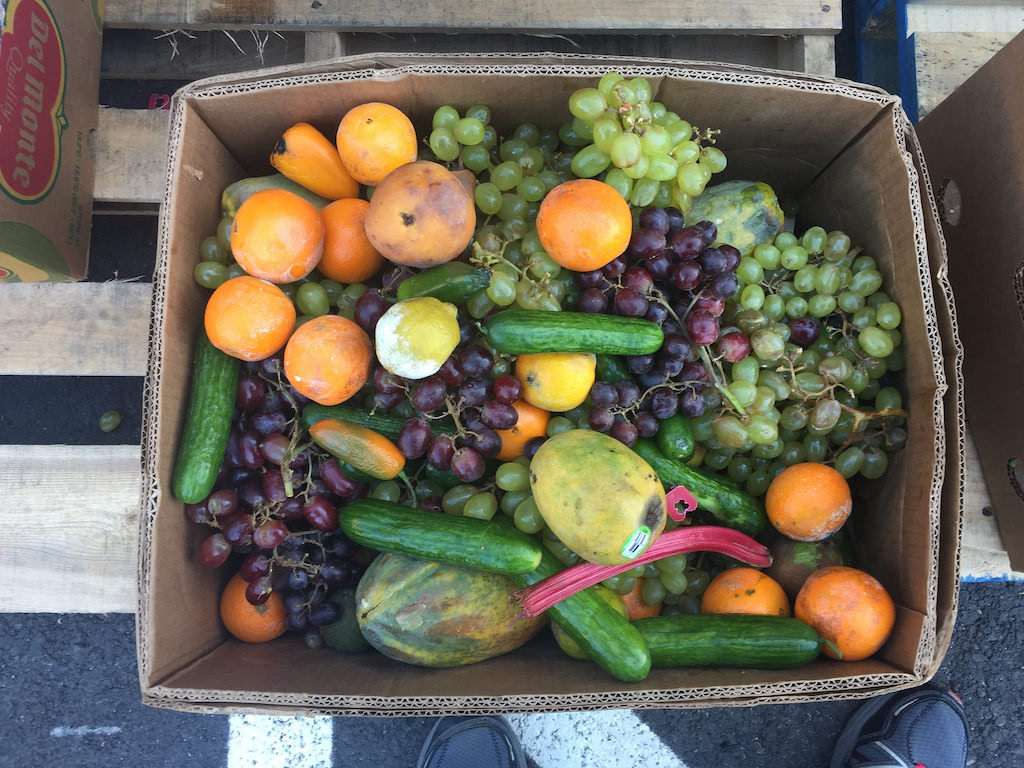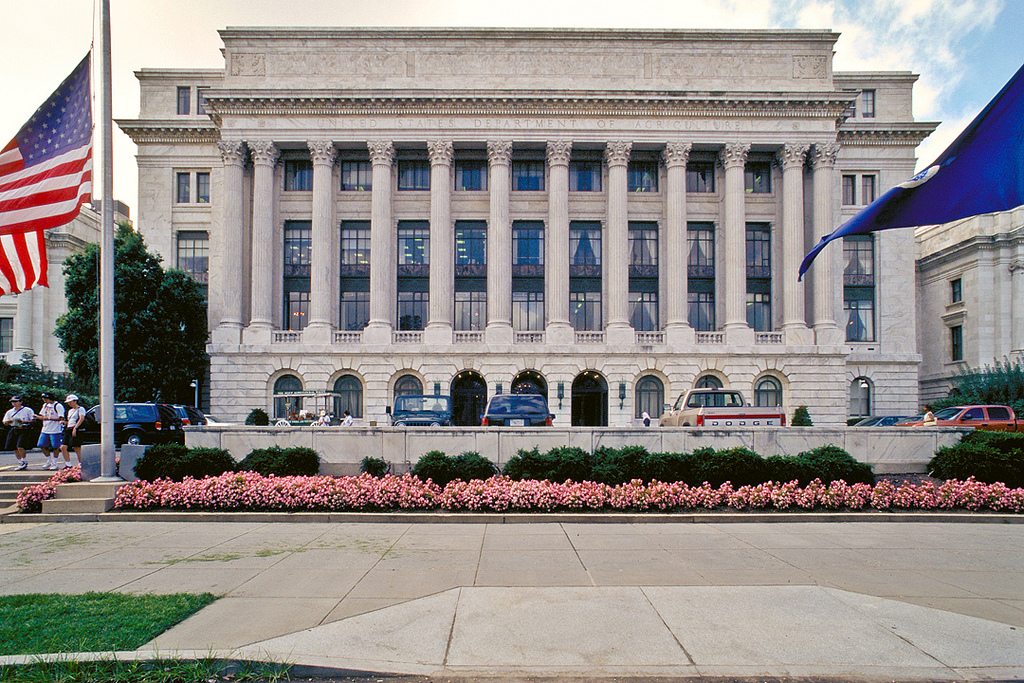
Alex Fine
Skender, age 64, migrated to the United States from Kosovo in 1997, at the height of the armed conflict between Kosovar Albanians, ethnic Serbs, and the government of Yugoslavia. He left his wife, Emine, and his four children behind. They followed him two years later.
In the country of their birth, Skender and Emine worked as economists. In America, Skender found work in a club, and later, making pizzas in a deli in Yorktown, New York.
Here, Skender discusses how he parlayed an Italian recipe for fresh mozzarella—which he mastered during a short stint at a restaurant in Naples while he waited for the U.S. to process his visa—into a new profession, while Emine describes the pain of separation and the relief of the family’s reunion in America.
This conversation has been condensed and edited.
Skender: I was born in Kosovo, near the city of Gjakova, when it was part of Yugoslavia. We had a good life, but after [Yugoslav communist leader Josip Broz] Tito died, [in 1980], things got complicated. Everyone wanted to leave, because people—the Croatians, the Serbians—wanted to leave the Communist system.
America and NATO [intervention in 1999], thank God, helped us. Kosovo has been a country for 10 years now.
In Kosovo, my wife and I worked as economists. I had been working at a university. But during the Kosovo conflict, I lost my job; shortly after the [the authorities] came to my house and asked if we had a gun. That was in 1997, the year I left [at the age of 42].
My family—my wife and four children—came in 1999.
Emine: The government took everything from us—all our savings. Skender had to leave for his safety and we stayed behind. Our youngest child was nine and the oldest was 17 when we left in 1999 to join Skender. It was so amazing to be together. Every night we would watch the news from back home and would cry and think about how lucky we were to be here.
Skender: It was hard in the beginning. I didn’t have a job or speak English—English is my fourth language. I had to find a job because I wanted to bring my family here. I worked very hard for the first two years. One night, I was working at a club, and I met a guy and told him my story. He said he could help me. He offered me money but I told him “Thank you very much, but if you really want to help me, find me a job.”
The next day he called me with a job in Yorktown.
I also make spinach pie, grilled chicken, salads—tuna, potato, chicken salads—but my mozzarella’s so good. I have my own recipe I learned in Italy. I spent a few months in working in a restaurant in Naples after leaving Kosovo, while I waited for the U.S. to process my visa.
It’s been almost 20 years since I worked as an economist, but I love my current job. My work makes people happy. I’m part of a union, which has helped a lot, too. Whenever something happens, I call them.
Skender: It makes me so sad to hear the way some people talk about immigrants. I’ve been in their shoes. No one wants to be an immigrant. Any time I have a chance to help, I help—help them find a job.
There are terrible things going on in the world. It reminds me of when our children came here, they were still so scared and stressed from Kosovo. And you know that other children are going through this. Only people who have experienced war can understand this.
